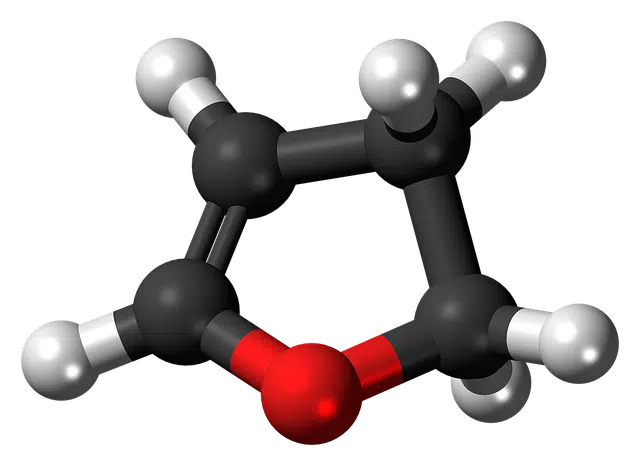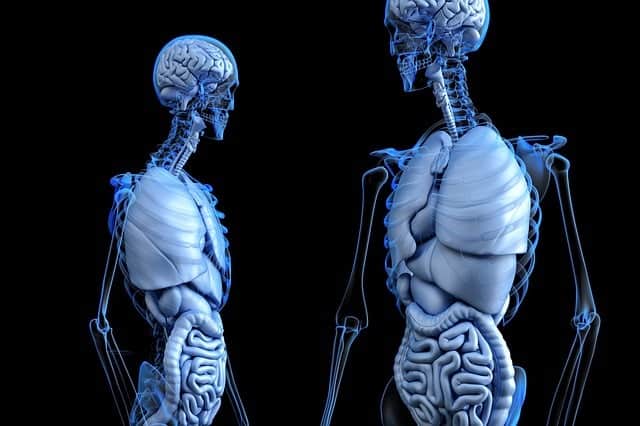
Biosynthesis is the synthesis of organic compounds.
Biosynthesis is the process that living beings develop when synthesizing organic compounds . The term also refers to the synthesis of these compounds that, using enzymes, can be carried out in vitro .
Complementary concepts
It is important to keep in mind that, in the field of chemistry , synthesis is the procedure that, starting from simple substances , allows the obtaining of a compound . Compounds, on the other hand, are substances that combine at least two different elements from the periodic table.
Synthesis of organic compounds
In the case of biosynthesis, what is synthesized are organic compounds : that is, compounds that have carbon in their structure . Organisms carry out this type of chemical reaction to generate complex organic substances.
Proteins and fats , among other macromolecules, are produced through biosynthesis. These operations require energy for their development, so biosynthesis is associated with anabolism . In fact, both terms are often mentioned as synonyms.
In addition to energy , biosynthesis requires precursors (substrates that are needed to make other substances) and catalytic enzymes . Sometimes coenzymes are also involved.
Known issues
When problems occur in biosynthesis, various disorders can arise, such as a poor creation of functional molecules or the development of macromolecules with malformations.
In the following paragraphs, we will discuss several of these biosynthesis-related problems: familial hypercholesterolemia, Lesch-Nyhan syndrome, severe combined immunodeficiency, and Huntington's disease.
Familial hypercholesterolemia
Familial hypercholesterolemia , to mention one case, is a genetic disease that occurs when there is a deficiency in the creation of low-density lipoprotein ( LDL ) receptors, a deficiency that results in the formation of atherosclerotic plaques and, for this reason, , increases the chances of suffering a heart attack. As its name indicates, another of its features is the increase in cholesterol in the blood, specifically what is usually called "bad cholesterol", which usually appears precisely in diagnoses of heart disorders.
Patients suffering from familial hypercholesterolemia do not respond normally to treatments to regulate high cholesterol, and this represents a problem . For example, changes in diet and taking statins do not work as well in them as in people who do not have this disease. This is due to the difference in the biosynthesis of your body compared to the rest.
Lesch-Nyhan syndrome
It is a hereditary disease that occurs in a small percentage of the population. Its main characteristic is that it deprives the person of an enzyme of great importance for metabolizing the organic compound called purine, hypoxanthine-guanine-phosphoribosyl-transferase . In others. In other words, they cannot carry out purine biosynthesis. It usually has its origin in a mutation that the mother usually carries; However, about 33 percent of cases arise in the newborn, so it is not inherited.

Biosynthesis problems often lead to hereditary diseases.
Severe combined immunodeficiency
This biosynthesis problem is a primary immunodeficiency. It is considered combined because it affects two immunities: humoral and cellular. Among its causes there are more than a dozen genetic defects , and each one has its well-defined symptoms. In any case, they occur during the first months of life and are usually respiratory infections and diarrhea.
Huntington's disease
This degenerative neurological disease is not only rare but also serious. It was discovered by the American doctor George Huntington in 1872, who also pointed out that it is a hereditary disease. Its most common symptoms are abnormal movement of the extremities, as well as the production of exaggerated gestures.
